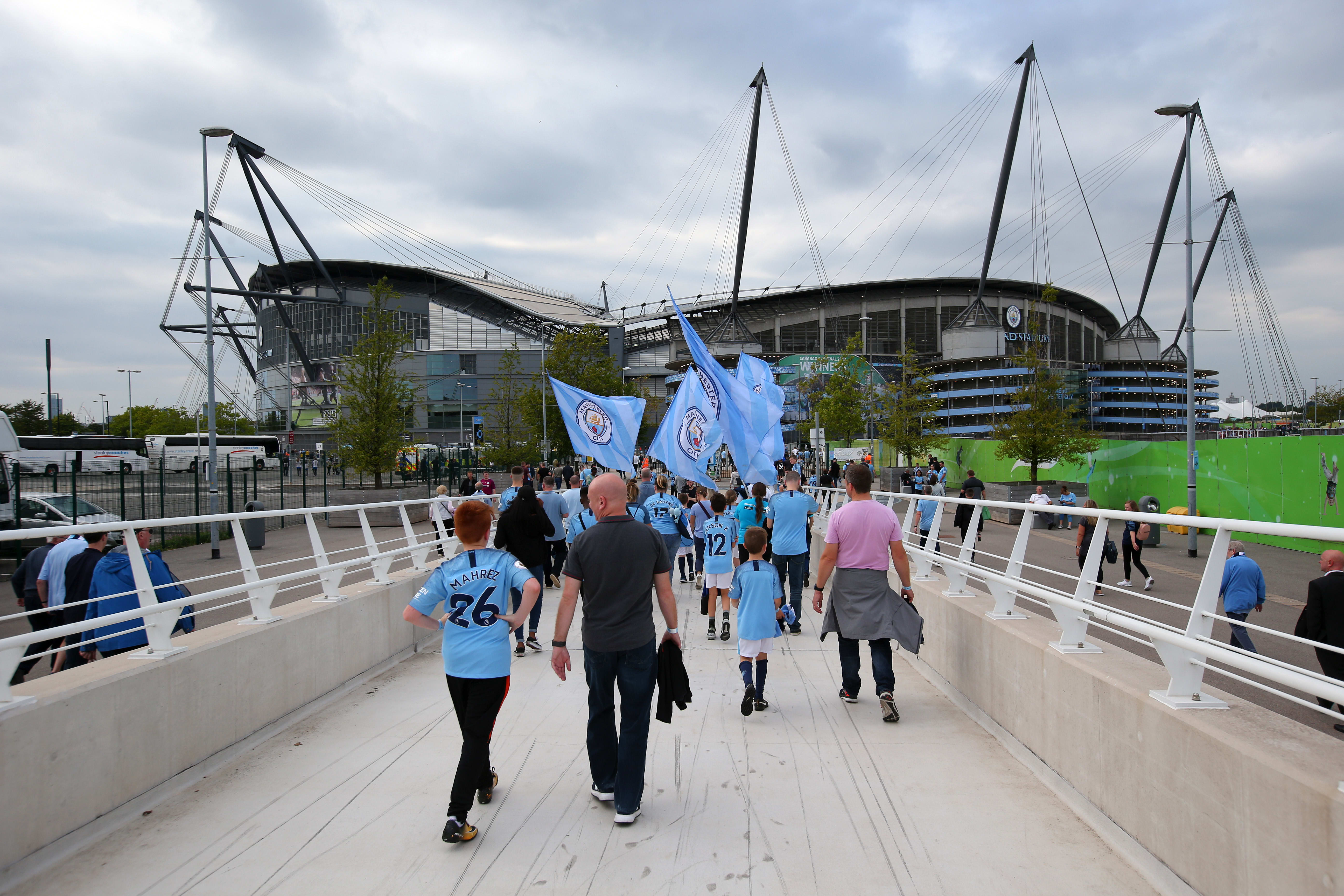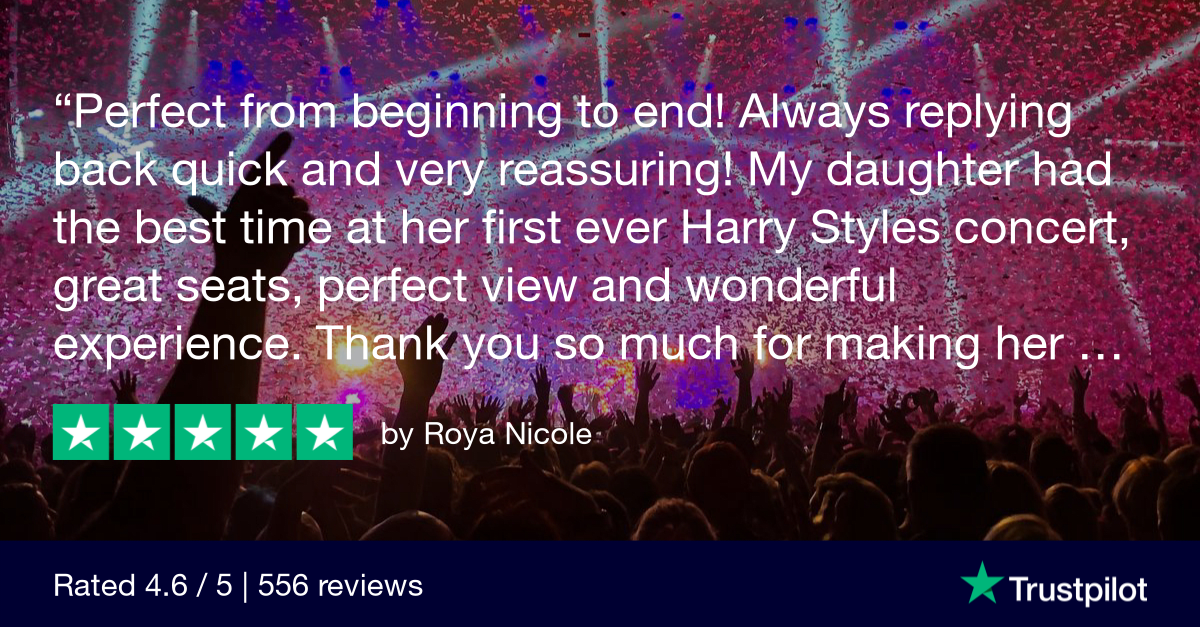As spending on experiences is seeing an upsurge in popularity, Seat Unique explains how the market is changing and why consumers are choosing experiences over material possessions. Plus, find out how we’re fulfilling our mission of helping fans access premium experiences at live events.
“We are not our possessions, but we are the accumulation of everything we’ve seen, the things we’ve done, and the places we’ve been” (forbes.com).
Following on from the COVID-19 pandemic, consumers are making an increasing amount of decisions with a new-found appreciation for spending time with others and enjoying “the moment”.
Retail Connections found that after the pandemic, 58% of people felt that they had missed the experience of being “out”. As well as this, due to government lockdowns, cherishing every moment has become a part of our everyday lives as people missed out on seeing loved ones for so long.
This climate has produced a preference for “doing rather than having” and a shift in spending habits toward experience-driven purchases over material items.
At Seat Unique, it’s our mission to help fans get greater access to premium experiences at live events to ensure they make memories that will last a lifetime. In this article, we take you through the benefits of experiences and explain why they are on the rise.
Memories last longer than material things

Picture this: if someone bought you a new pair of shoes and a ticket to see your favourite music artist or sports team, which gift are you more likely to remember ten years down the line?
The Journal of Experimental Social Psychology found that people derive a greater level of happiness from experiences than they do from material possessions, both when anticipating receiving them and after they have received them.
Real-life moments bring joy in the build-up to, during, and after experiencing them. Whereas something tangible is more likely to provide fleeting joy before the next-best thing appears on the market.
Events are entirely unique to the person experiencing them as they mark a moment, or moments, in time that cannot deteriorate in value in the same way as a tangible object. Therefore, when purchasing or giving an experience, you not only receive the experience itself but the long-lasting memories that result from it.
In post-pandemic life, preferences in how people want to spend their time and money have further shifted. As a result, the value placed on materialism as a marker of happiness and success is on the decline. As Ian Seymour Yeoman and Una McMahon-Beattie say, ‘whereas once the designer handbag was a signal of success in life, now a memory is a marker of a good life.’
The pandemic has increased experience-focused mindsets, resulting in the growing demand for experiences or “memories over materials”. As a result, the events market is set to experience a CAGR of 10.3% to reach $2,330 billion by 2026 (prnewswire.com).
The opportunity cost of experiences

Consumer Reports found that 66% of people between the ages of twenty-five and thirty-four would rather receive an experience gift than a tangible item, yet experiences made up only 12% of gifts in 2021.
In the context of the UK cost of living crisis and impending recession, how people choose to spend their money becomes increasingly important, as disposable income decreases and opportunity cost is increasingly prioritised. So, spending power declines, and ‘value for money is the main purchasing consideration for consumers’ (home.kpmg).
In times such as recessions, getting more “bang for your buck” encourages purchasing decisions that provide long-term satisfaction over quick fixes. In this climate, many consumers continue to move away from materialism to experience-based spending, as the ‘puddles of pleasure’ gained by the short-lived happiness derived from tangible goods become increasingly less attractive to those buying for themselves and for others. Here, we see the paradox of possessions and the essence of the experience shine through (forbes.com).
However, Seat Unique data suggests that the recession will not negatively impact the event experiences industry due to the large customer segment of high net-worth individuals. To find out more about this, look out for our upcoming blog on the recession and the events industry. Even more, people who are not high net-worth individuals but who ‘live for today’ are likely to continue to choose to spend their money on experiences. These fans who possess a high desire to attend live events are unlikely to change their consumer behaviour in reaction to a recession (hbr.org).
As consumer attitudes move towards experiences over material items, there has been an increased demand for people wanting to spend more on experiences that will last a lifetime, and Seat Unique’s safe and secure online platform gives fans 24 hours access to them 7 days a week, 365 days a year.
About Seat Unique

Seat Unique has sent 45,000 people to live events in the last six months and is delighted to be pursuing its mission of welcoming new audiences, and opening fan access to premium live experiences.
As the premium ticketing marketplace, our technology enables fans to make secure and safe purchases through our trusted platform for a range of music, sport and cultural events.
Through incredible partnerships with the likes of Wales Rugby Union, York Racecourse and Lancashire Cricket, we are increasing the range of official experiences on offer to provide more opportunities for people to access experiences that they will love, and can gain lifelong memories from.
If you would like to learn more about how Seat Unique can help drive new customers for your premium ticket and hospitality offering, please email [email protected] and join our ever-growing community of partners.
If you want to purchase an event experience this Christmas, check out all music, sport and culture events on sale at Seat Unique now.

Comments